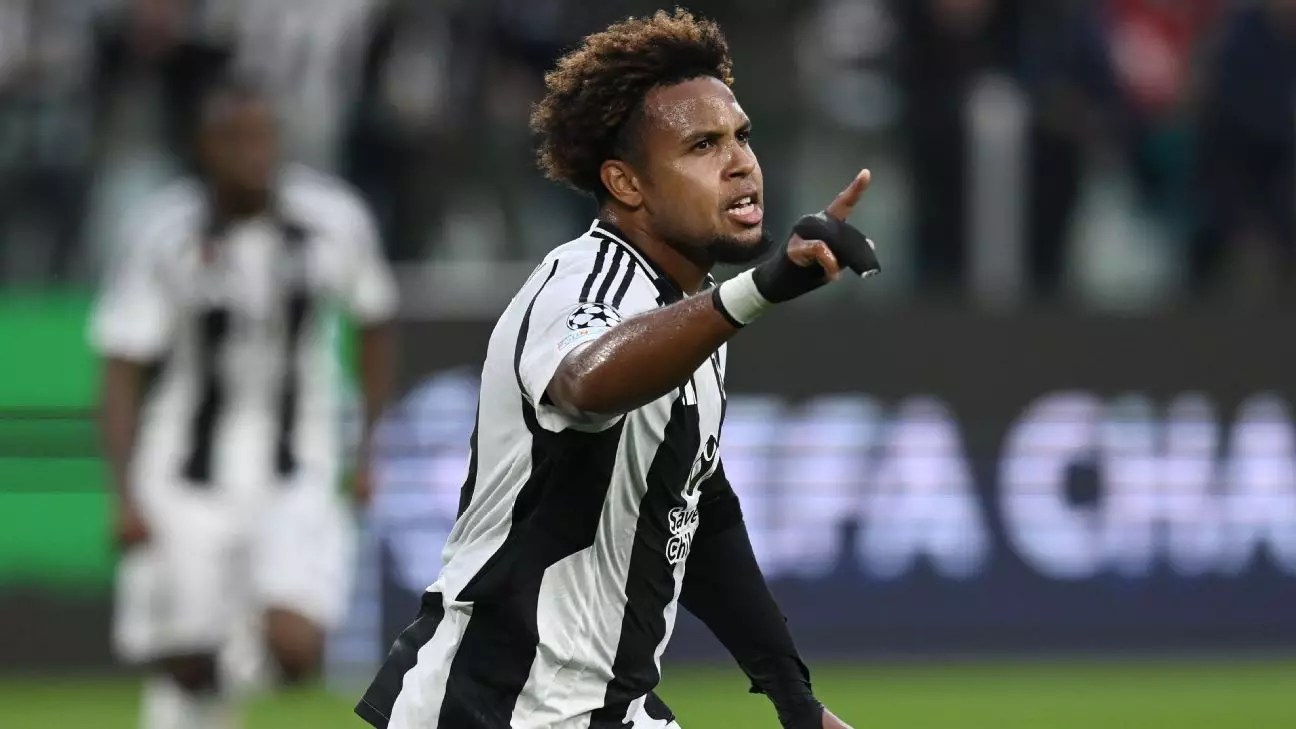The commencement of the 2024-25 UEFA Champions League has ushered in an era of heightened anticipation and intriguing storylines, as clubs begin their pursuit of European football’s coveted trophy. The opening matchday has showcased perennial powerhouses such as Real Madrid, Manchester City, Bayern Munich, and Paris Saint-Germain all securing victories, reigniting debates about scoring ethics, team strategies, and the implications of the tournament’s new format.
As the tournament embraces a new structural model, skepticism emerges regarding its potential to foster overwhelming scorelines. Some analysts argue that the larger format—featuring more teams and matches—will not necessarily result in more lopsided finishes. For instance, Mark Ogden argues that the dynamic within the Champions League often pits elite clubs against less financially endowed teams, leading to inevitable one-sided games. Before the advent of this new format, teams like Bayern Munich consistently dominated their opponents in group stages. Games with scores as high as 6-0 or 7-1 were commonplace, highlighting that extreme outcomes are not exclusive to the revised layout.
Conversely, Gab Marcotti raises an interesting cultural aspect concerning how teams approach their opponents. The notion of respect—or a lack thereof—plays a crucial role in how teams choose to score. Some cultures advocate for playing hard until the whistle, while others suggest that piling on goals post-victory can be seen as unsportsmanlike, especially against more vulnerable teams. These disparities in attitude underscore the complexity behind high-scoring games in the Champions League.
One of the most discussed aspects of the new format is the potential for squad rotation among elite clubs. The sheer volume of matches may permit managers to rest key players, a luxury that could significantly impact both team dynamics and game quality. For instance, teams like Manchester City could deploy a less experienced lineup in games perceived as less critical, buoyed by their confidence in advancing to the knockout stages. This practice may ultimately diminish the spectacle of traditional matchups in the league.
Yet, as Marcotti points out, the motivation to rotate is also nuanced. Clubs may be concerned about their seeding placement, driving a competitive edge that might contradict any notion of complacency brought about by their early wins. Furthermore, the need to maintain consistency in performance becomes essential, especially when considering that the best lineups will converge in the demanding knockout rounds. Teams with a history of frequent rotation, like Inter Milan, might find themselves better prepared than clubs that depend on a stable starting XI.
Turning the spotlight towards standout players, Christian Pulisic’s goal for AC Milan in the closely contested match against Liverpool was among the more remarkable moments of the opening round. While the game ultimately ended unfavorably for AC Milan, Pulisic’s contribution underscored the individual brilliance that players can bring to a team, regardless of the overall result.
In contrast, the performance of teams like Celtic, who triumphed with a commanding 5-0 scoreline against Slovan Bratislava, highlights the importance of fighting spirit and environment in the Champions League. These matches resonate more with the fanbase, showcasing that giants of the game can experience genuine fear and respect before lesser foes. The enthusiasm of Celtic Park amplified the significance of their victory, suggesting that the Champions League’s new format can lay the groundwork for thrilling upsets, not just predictable outcomes.
The opening days of the 2024-25 UEFA Champions League have set the stage for riveting discussions about the implications of the tournament’s format changes. As teams adjust to the new structure, questions about scoring ethics, the impact of squad rotation, and player performances will remain at the forefront of discourse.
As the league progresses, what becomes increasingly apparent is that adaptation to change will be key for success. Powerhouses like Real Madrid and Manchester City may relish the opportunity to utilize their squad depth, while teams like Celtic could ride the wave of momentum that comes from both fan support and spirited play. While discussions surrounding blowouts and respectful scoring will undoubtedly linger, what truly matters is how clubs navigate the complexities of European football and assert their dominance as the tournament unfolds. The nuances of competition now promise not only anticipation but also a deeper understanding of the beautiful game as it continues to evolve.


Leave a Reply